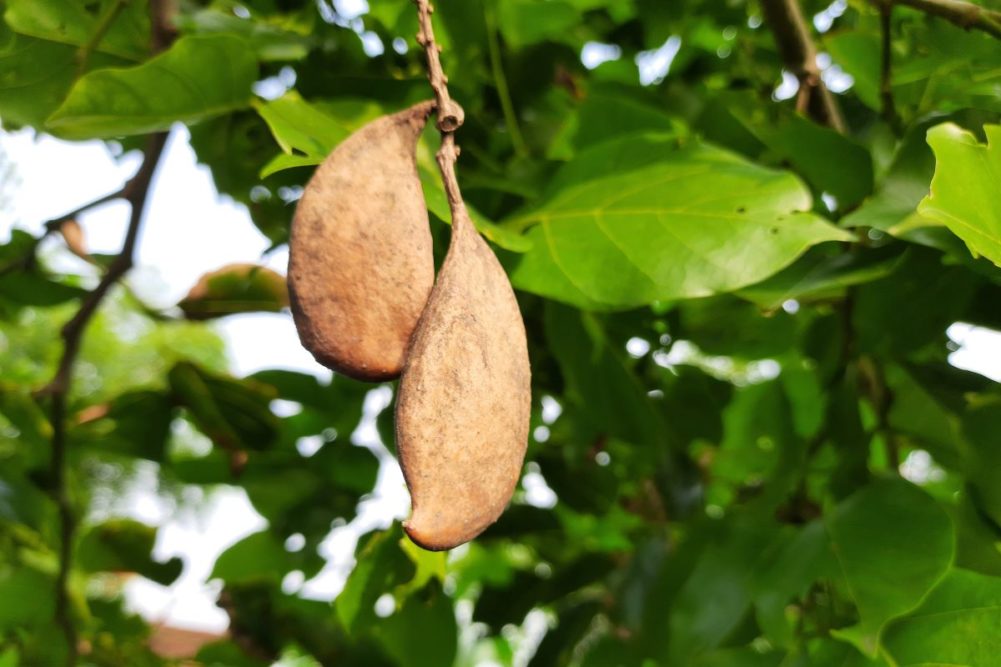KANSAS CITY — Subtropical trees, a commercial agreement on new technology and a new innovation center all aim to enhance the fats and oils category in such areas as sustainability, reduced saturated fat and plant-based options.
Pongamia trees, which grow in subtropical climates, historically have been used as a reforestation species in Asia, said Nathan Chan, sustainability manager for Terviva, Alameda, Calif. The trees require little water, revitalize soil health and enhance biodiversity, he added. Pongamia trees have been shown to sequester up to 115 tonnes of carbon per acre over the trees’ 30-year lifetime.
“The beans of the tree are rich in high-quality oil and protein that have been used in Ayurvedic medicine (a holistic Indian system of health science) and local agriculture for hundreds of years,” Mr. Chan said.
Terviva and Ciranda, Hudson, Wis., last October launched commercial supplies of Ponova oil produced from pongamia beans through their partnership. Ciranda will distribute and sell the oil. Terviva through 2024 will produce Ponova oil in a facility for select companies. Commercial availability is expected to expand in 2025.
Ponova oil, a mid-oleic oil, is 55% omega-9 fatty acid, a monounsaturated fatty acid. It also contains 26% saturated fat and 20% polyunsaturated fat. The saturated fat delivers a rich body and mouthfeel similar to melted butter, said Dave Pirazzini, Terviva’s director of food technology and applications. Ponova oil has been shown to replace up to 75% of coconut oil, reducing saturated fat content by 50%. Potential applications include dressings, sauces, mayonnaise, plant-based dairy items such as milk and cheese spreads, coatings for snacks and crackers, baked foods, and bars.
Terviva in India works with rural communities to harvest pongamia beans. The company also partners with Florida growers who plant pongamia trees as a replacement crop for citrus, which has been impacted negatively by climate change and disease. Other Terviva pongamia planting operations are in Hawaii and Australia.
Investing in fat technology
Cargill, Minneapolis, in March signed product co-development and commercial go-to-market agreements with Cubiq Foods to commercialize fat technologies from Cubiq Foods, a Barcelona, Spain-based company founded by Andrés Montefeltro, chief executive officer, and Raquel Revilla, PhD, chief technology officer. The technologies are intended to help companies develop plant-based alternatives with enhanced flavor, improved total fats and saturated fats, and improved caloric content, according to the companies.
“We saw a need to support customers with improved fat technology, especially in the plant-based meat and dairy alternative segments, with solutions that deliver both functional and nutritional benefits,” said Jana Mauck, marketing manager for Cargill. “Our strategic partnership with Cubiq Foods enables us to do just that. Working together enables us to quickly achieve wide-scale commercialization of these novel fat technologies and support accelerated customer innovation within the plant-based food space, answering the call for healthier and better-tasting solutions.”
Two oils from Cubiq Foods are still in development: Go!Mega 3, a microencapsulated omega-fatty acid algae oil, and Go!Great cultivated animal fat.
Go!Drop, a fat replacer, involves a technology that creates a structured emulsion, stabilized with plant-based ingredients. Since it contains vegetable oils, Go!Drop reduces the amount of total fat, saturated fat and calories when compared to traditional animal fats or tropical oils.
Go!Drop has a high melting point, which enables it to behave like an animal fat in terms of visual appearance, bite and mouthfeel, Ms. Mauck said.
“Initially, we are focused on Go!Drop, which we launched commercially in the US in March at the Natural Products Expo West show,” she said. “Customers who sampled our first prototype made with Go!Drop, a plant-based burger, marveled at its juicy texture and delicious taste. While we’re not revealing specific production figures, we have production capacity to offer Go!Drop for commercial sale to customers in Europe and North America.”
Seeking sustainable alternatives
CSM Ingredients, Luxembourg, recently opened an innovation center in Delmenhorst, Germany, for research on fats, oils and emulsifiers. CSM will seek to uncover sustainable alternatives to animal products such as specialized margarines to replace dairy fat and butter or oleogels (gels in which the continuous liquid phase is oil) to mimic tissue in vegan meat analogs. Nutritionally, CSM wants to find healthier alternatives to saturated fats.





